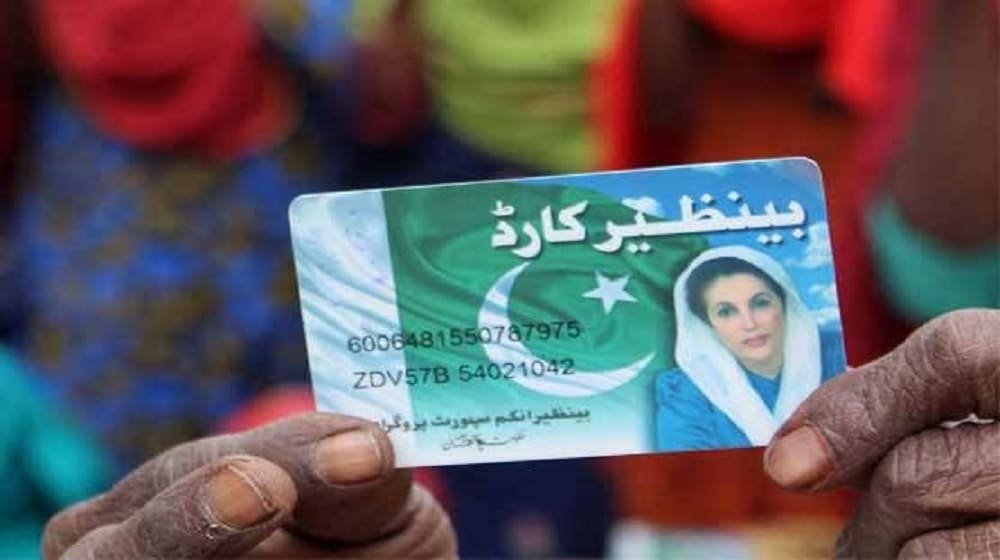The Benazir Income Support Program (BISP) is set to transition to a branch banking model through a pilot project starting in January 2025. Initially, the project will be rolled out in urban areas before expanding to rural regions, aiming to streamline the distribution of funds to beneficiaries.
The development was revealed during a meeting of the National Assembly Poverty Reduction Committee, where officials discussed the shift to a bank-based disbursement system. The BISP secretary announced that under the new model, every beneficiary would have a bank account opened in their name, enabling them to withdraw funds directly from any bank branch across the country.
Currently, Pakistan has 17,000 bank branches, most of which are concentrated in urban areas, making access difficult for rural beneficiaries. To address this, officials assured that point-of-sale agents would continue to operate in remote areas to facilitate access to funds.
The committee emphasized the need to automate the BISP system to reduce human involvement, minimize errors, and speed up the disbursement process. Officials also announced that 130,000 women, whose biometric data had not been previously recognized, would receive special cards in January 2025 to ensure they can access their payments.
The pilot project for the new banking model will run from January to March 2025, focusing on urban areas before gradually incorporating rural beneficiaries. The new system is designed to improve access for all BISP recipients, particularly those in poverty-stricken rural regions.
The meeting also addressed complaints of accountability issues involving BISP officials. The committee stressed the importance of transparency and efficiency in the program to ensure that funds reach the intended recipients without delays or irregularities.










